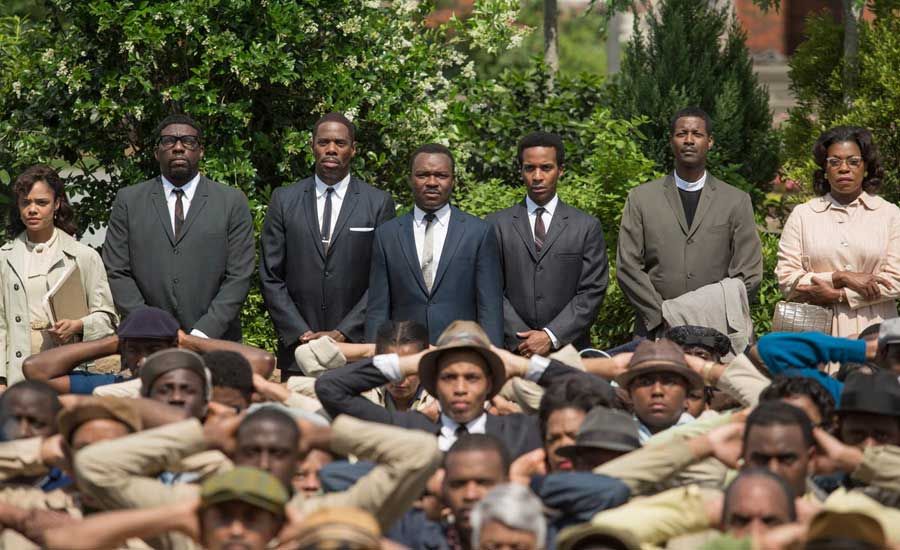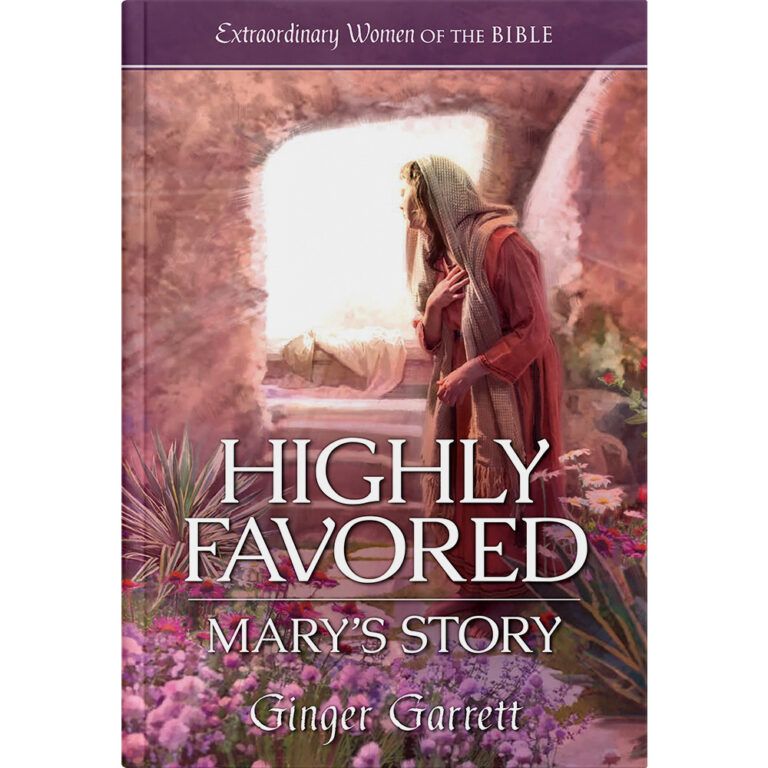Tackling an historic event on film like the civil rights movement or an iconic figure like Martin Luther King, Jr. are incredibly ambitious feats with a tremendous amount of pressure. But with Selma, director and co-screenwriter Ava DuVernay has excelled on both counts. The film has serious Oscar buzz and has already nabbed a Golden Globe nomination for best film, best actor for David Oyelowo who stars as King and a history-making best director nod for DuVernay, the first African American woman to be nominated—acclaim that is all well-deserved.
In Selma, Oyelowo’s King isn’t a statue, a speech, a street name or an idealized face on a T-shirt; he’s a man struggling with sin, with the choices he has to make, with his crumbling marriage and with the fog of death that always looms nearby. He frequently battles self-doubt, whether it’s while he’s being held in a prison cell after a protest, or just before the famous march from Selma, Alabama to Montgomery, Alabama.
For DuVernay, showing the strength of the man meant cutting to King at his weakest, most human moments and showing how he coped with being the face of a revolution. “Facing the idea of making a film about Dr. King, it’s like, what do you do to make that feel urgent and not like a dusty history book?” DuVernay says, “The way you do it is you focus on story and character and you have to be telling the truth about people.”
“[Dr. King] was a dynamic, charismatic brilliant mind. He was a man of faith who was sometimes unfaithful, he was guilty, he was depressed, he had an ego, he liked to laugh, he was a prankster, and he was a human being. There hasn’t been a movie made with Dr. King at the center by a studio ever. When we were charged to do it, our main goal was to show him in all of his human complexities and kind of unlock him from the statue and let him live and breathe and tell the story through that lens.”
“[Imagine if] Your whole life is reduced to four words, to ‘I Have A Dream,’” DuVernay says. “What would any of us do if we were four words? He was so much more than that and so that was my approach, to try to track his life and get underneath the meat of it.”
For Oyelowo, pulling back the curtain on one of the most important men in history meant finding commonality with the man behind the legend. “Never before have I engaged in an artistic endeavor that so brings everything I am as a man together,” Oyelowo says. “I’m a Christian myself. I have four children. Because of my faith, sacrificial love, love in the face of injustice, these are the things I hold dear so as a man, as a storyteller, as a citizen of the world, what you see when you watch Selma is everything I value and aspire to be.”
Selma is much more than just a biopic of Dr. King or a recounting of an incredible moment in history; in fact, the echoes of Selma today are not lost on the cast. Recently, the Voting Rights Act of 1965, a huge beacon of the civil rights movement, was gutted by the Supreme Court. The day before the press conference, just across the street from the conference hotel, thousands marched, in the Millions March NYC protest wearing “I Can’t Breathe” T-shirts, referencing the last words of Staten Island man Eric Garner who was choked to death by a New York Police Department officer but will not be indicted for the killing. Other protestors held signs in support of slain Ferguson, Missouri teenager Michael Brown, and 12-year-old Tamir Rice of Cleveland, Ohio—all unarmed and killed by police who will not be indicted.
Oyelowo hopes that, in some small way, the film contributes to the conversations about race and equality that have been at the forefront of everyone’s minds. In terms of protestors organizing, he wants everyone to figure out, “What are we asking for? How are we going to ask for it in a tactical, politically savvy way?” He says, “I hope and pray that our film in some ways shows what was effective in the past and how we can be effective going forward.”
For Oprah Winfrey, a producer and actor in the film, Selma meant illuminating her roots and doing justice to the people who came before her. “I don’t think you know yourself and you know where you’re going unless you know where you come from,” Winfrey says. “Maya Angelou has a wonderful poem, it’s called ‘To Our Grandmothers’ and in it she says, ‘I come as one but I stand as 10,000.’ I’ve been in multiple meetings where I was the single woman, the single black person but I step into that room as one and I come with 10,000 and knowing that means I can go anywhere, I can do anything, because of where I come from and what I’ve come from.”
“So the Annie Lee Coopers of the world whose names didn’t make the history books and who aren’t as known as Dr. King and John Lewis and all the others were equally important in the courage that they demonstrated daily to stand up for themselves,” says Winfrey. “When you understand your history, you understand you.”
Selma is rated PG-13 for the graphic nature of some scenes, like the horrific Bloody Sunday march in which police officers brutally assaulted peaceful protesters as they attempted to march from Selma to Montgomery. Though hard to watch, it deserves to be seen by all, in order to do justice to the memory of the real people who were involved in this fight.
DuVernay’s beautifully mastered labor of love is not only a testament to her eye for detail but also her perseverance; in an industry that doesn’t always value marginalized stories, DuVernay continues to determine for herself the stories she wants to tell–and tells them well. That passion can be felt in every scene, from every actor, in every speech Dr. King gives (all written by DuVernay as the film didn’t have rights to King’s original words). The message of Selma is one for all of humanity and is a testament to what people can accomplish when they stand together for what is right.
Selma opens in theaters on December 25.






